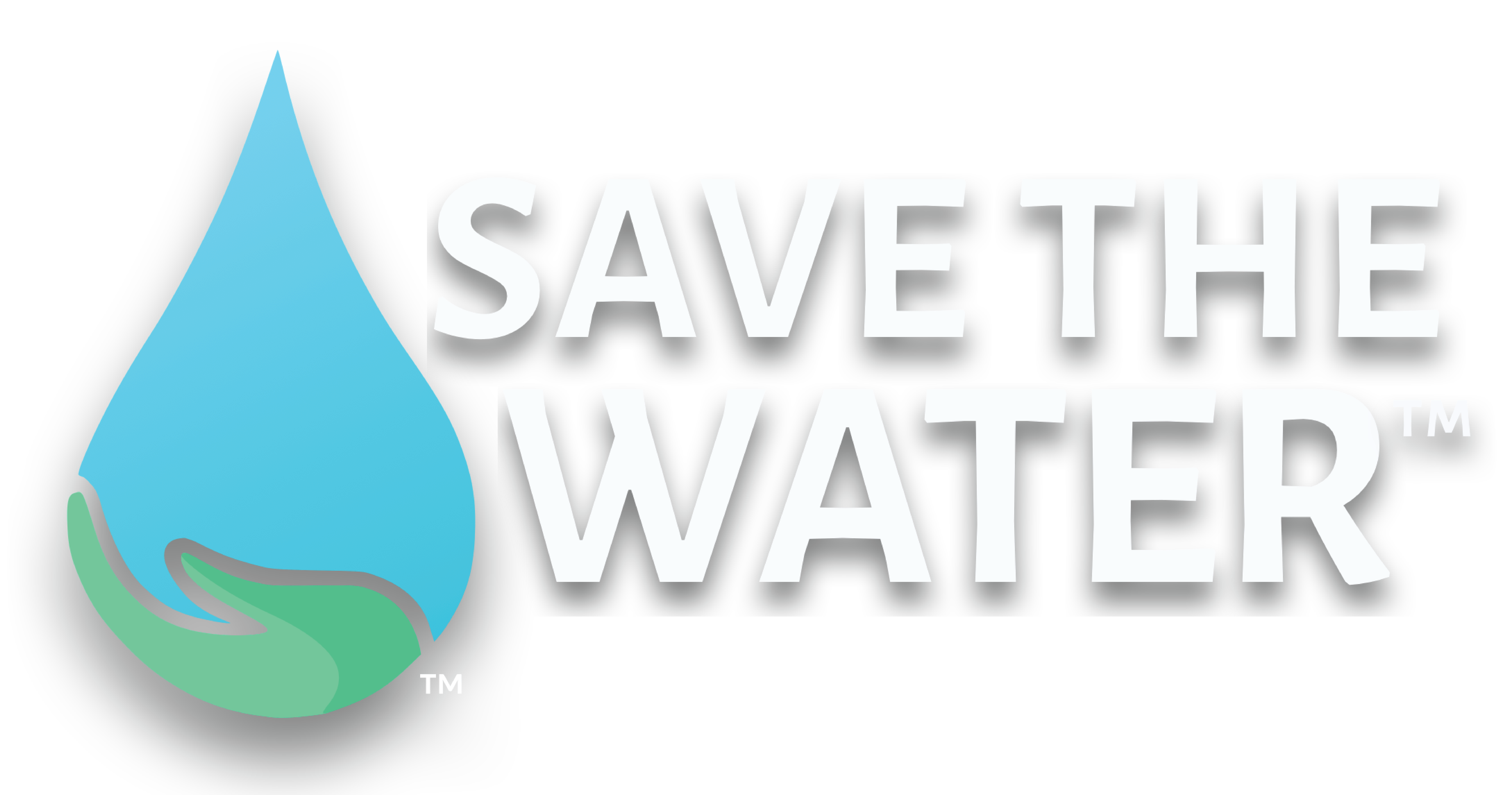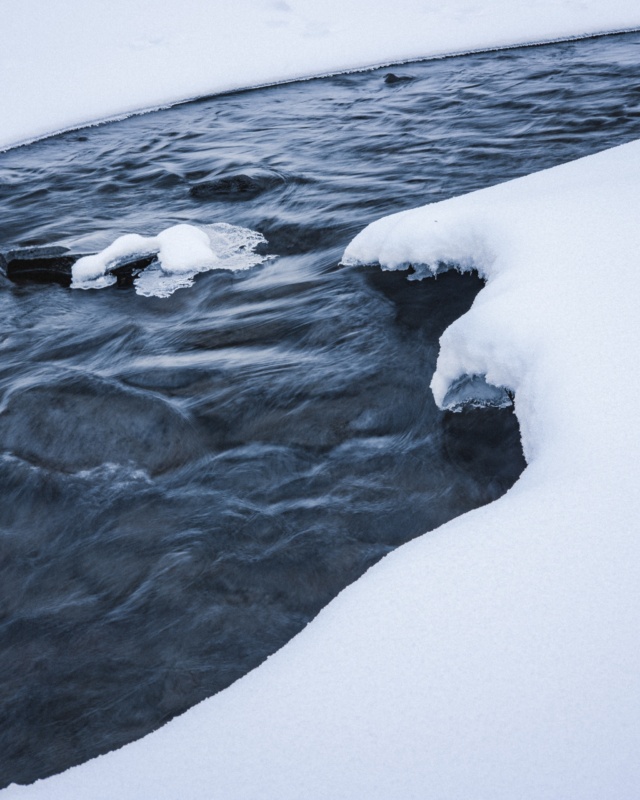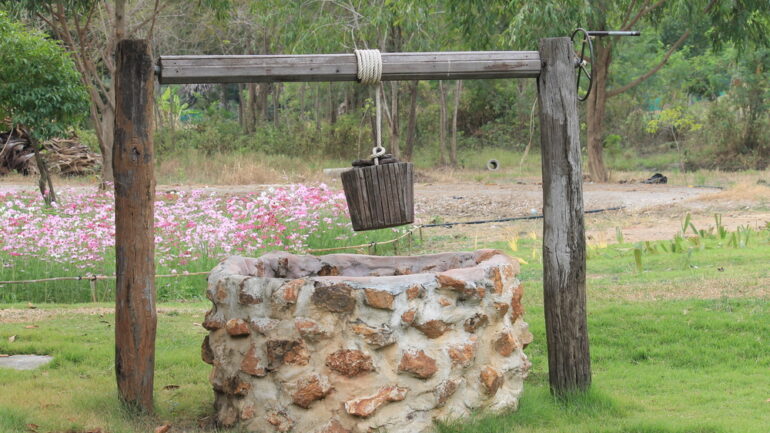By Lauren Hansen, Staff Researcher/Writer at Save the Water™ | March 1, 2022
For much of the United States, the winter season is when snow and ice make roads slippery and dangerous for driving. To thaw the ice, the US spreads an average of 25 million metric tons of salt on the roads every year. That amount converts to nearly 28 million tons.
Road salt, which is sodium chloride, is a lot like table salt. It would seem harmless. How bad can something we sprinkle in our hot soup really be? It turns out that all that salt is a problem because it washes into rivers, seeps into the ground, and contaminates the water supply.
Why We Use Road Salt
New Hampshire was the first US state to use road salt in the early 1940s after its state government first used it experimentally in 1938. As the American highway system expanded, so too did the use of salt to thaw icy roads.
We use salt because it lowers the freezing point of water. This process is called freezing point depression. For example, under normal conditions, water freezes at 32 degrees Fahrenheit. After applying salt, however, water will stay in liquid form until the temperature gets even lower than 32 degrees. If more salt is applied, the temperature of the water needs to be even lower to turn to ice.
Sodium chloride is also inexpensive as an ice-thawing material. This makes it difficult to find a good, cost-effective alternative.
Current Road Salt Use in the US
The use of salt has become commonplace in the US. In fact, its usage has increased threefold for the last 45 years. Salt is used in different amounts in different parts of the United States, but Americans throw down between three and eight pounds of salt on average per square meter.
Where Does Road Salt Come From?
The road salt we use today comes from ancient oceans that left salt deposits behind after they evaporated. Much of this salt comes from mines located in Kansas, Louisiana, Michigan, New York, and Ohio.
Why is Road Salt Use a Problem for Our Water?
Road salt washes into rivers and streams, causing high salinity levels. High salinity (or high salt) is harmful to human health because high salt consumption is associated with high blood pressure.
Read more about desalination technology: Hold the Salt: The Future of Desalination Technology
Another reason to be salty about road salt use is that it contaminates our water supply. For starters, it causes higher levels of radium. Researchers from the US Geological Survey uncovered a strong correlation between road salt use and high radium levels in water. A high level of radium in the water supply is dangerous to humans because it can lead to various health issues, such as cancer, kidney problems, and birth defects. According to the Water Quality Association, “radium emits energy in the form of alpha particles and gamma rays, and will also decay to form radon.”
Radon is also hazardous to humans. A recent study from the University of Toledo found that the heightened level of salt in water makes radon, mercury, and lead more likely to move around. This means that these harmful chemicals can more easily make it from water pipes into our drinking glasses. Their findings build on existing research from the Cary Institute of Ecosystem Studies and the US Geographical Survey that has also found negative effects of road salt on the water supply.
Lead, mercury, radium, and radon (as a byproduct of radium decay) are all harmful chemicals that humans should avoid consuming. Lead can cause kidney damage, cardiovascular problems, as well as reproductive abnormalities in men and women. Mercury can cause kidney damage if the level is too high. Radon exposure is harmful to humans because it can cause stomach cancer.
Using road salt also raises chloride levels in water, which harms aquatic life and makes water more corrosive.
Alternatives to Road Salt
Instead of using salt on your sidewalk and driveway, try using the following materials instead:
- Sand
- Gravel
- Calcium chloride
- Beet juice
- Cheese brine
- Pickle brine





